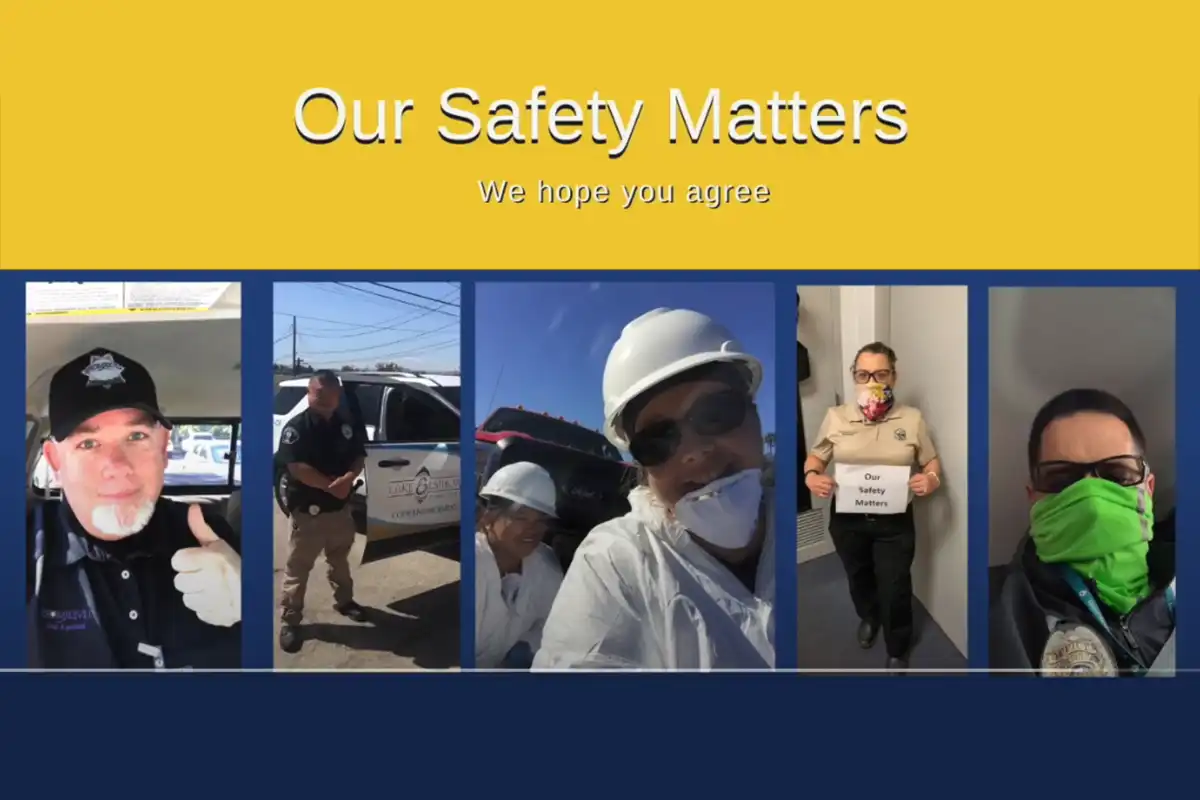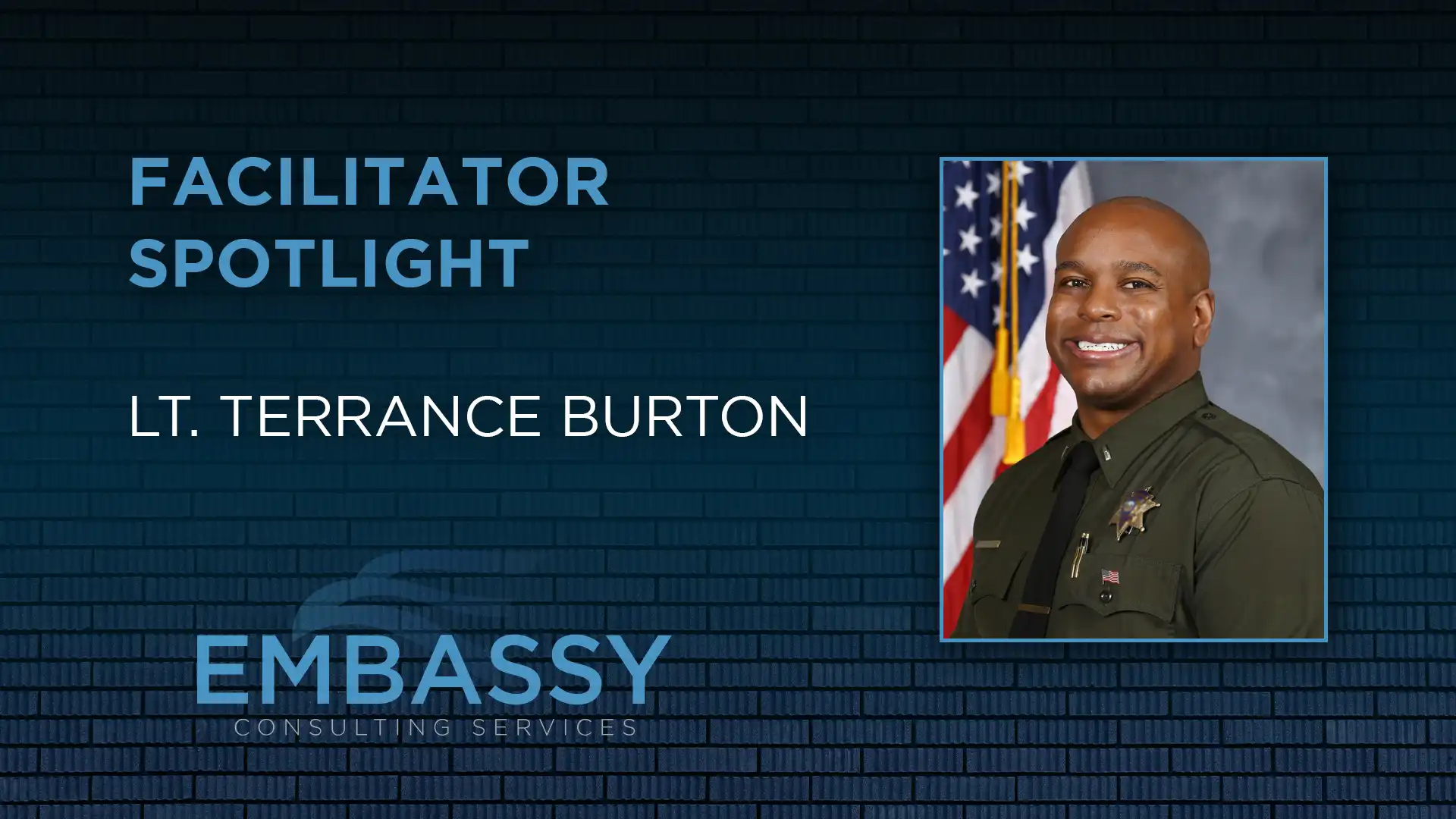Partnering with CACEO to Promote Officer Safety and Professional Excellence
Embassy Consulting Services was honored to partner with the California Association of Code Enforcement Officers (CACEO) to deliver a specialized webinar-based training on Customer Service and De-escalation to over 150 CACEO members. This training, facilitated by Joe Levy, was designed to support Code Enforcement Officers...




